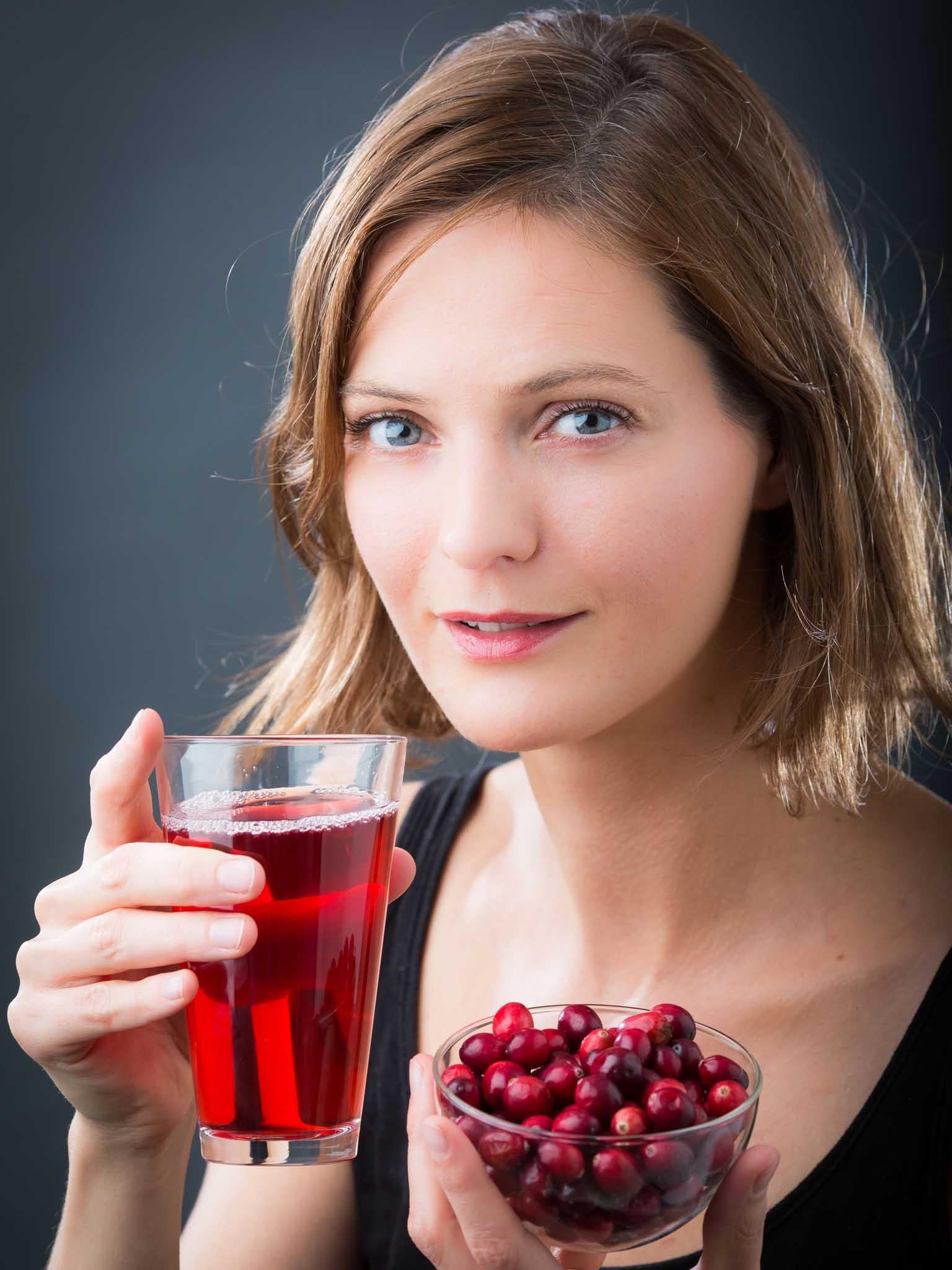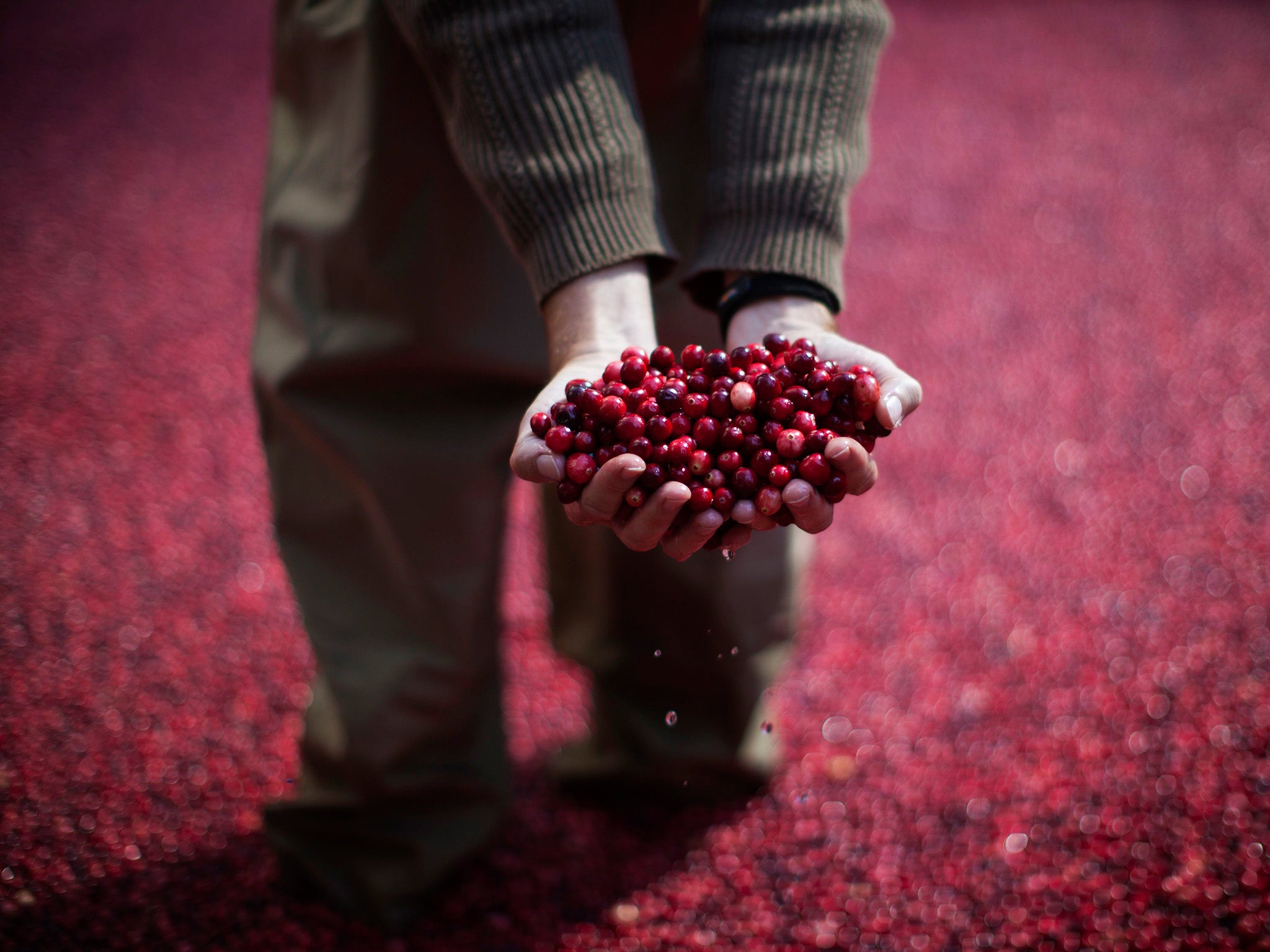The cystitis and cranberry juice myth: New research exposes 'cure' as complete nonsense
The method is commonly used to drive out infection despite not being backed by science

Your support helps us to tell the story
From reproductive rights to climate change to Big Tech, The Independent is on the ground when the story is developing. Whether it's investigating the financials of Elon Musk's pro-Trump PAC or producing our latest documentary, 'The A Word', which shines a light on the American women fighting for reproductive rights, we know how important it is to parse out the facts from the messaging.
At such a critical moment in US history, we need reporters on the ground. Your donation allows us to keep sending journalists to speak to both sides of the story.
The Independent is trusted by Americans across the entire political spectrum. And unlike many other quality news outlets, we choose not to lock Americans out of our reporting and analysis with paywalls. We believe quality journalism should be available to everyone, paid for by those who can afford it.
Your support makes all the difference.For years people have believed that cranberry juice can fight bladder infections - but now scientists are saying it's a myth.
New research published by the Yale School of Medicine has found no evidence that the superfruit can fight off injections in the bladder or kidneys in women, and that includes cystitis.
The study took two sample groups from nursing homes – where urinary tract infections (UTIs) are the most common infection – and provided half of the women with cranberry capsules. The others were given a placebo pill.

The cranberry tablets contained 72mg of the active ingredient proanthocyanidin which is equivalent to just over one pint of cranberry juice a day.
Over the course of a year the cranberry treatment made no difference to the presence of white blood cells or bacteria in the urine of the women, a common and tell-tale sign of urinary tract infections.
In fact, the difference between the treatment group and the control group was just 0.1 per cent; the first measuring 29.1 per cent and the placebo team not far behind at 29.0 per cent. There was also no reduction in the number of bladder problems the women experienced.
“Many studies of cranberry products have been conducted over several decades with conflicting evidence of its utility for UTI prevention”, Dr Manisha Juthani-Mehta said.
“The results have led to the recommendation that cranberry products do not prevent UTI overall.
“This trial did not show a benefit of cranberry capsules in terms of a lower presence of bacteriuria plus pyuria among older women living in nursing homes.”
Remarkably, bacteriuria - the presence of bacteria in the urine – is found in 25 to 50 per cent of women while a staggering 90 percent suffer from pyuria - the presence of pus in the urine, typically from bacterial infection.
In many instances, cranberry is used to drive out the infection despite this method not being backed by science

Dr Lindsay Nicolle of the University of Manitoba, Winnipeg, said: “The continuing promotion of cranberry use to prevent recurrent UTI in the popular press or online advice seems inconsistent with the reality of repeated negative studies or positive studies compromised by methodological shortcomings.
“Any continued promotion of the use of cranberry products seems to go beyond available scientific evidence and rational reasoning.
“Recurrent UTI is a common problem that is distressing to patients and because it is so frequent and costly for the health care system.
“It is time to identify other potential approaches for management. It is time to move on from cranberries.”
So why are cranberries promoted as a super food? Well, while they might not be effective at curing UTIs they do contain compounds such as flavonoids which contribute to your health with some serious heart health benefits. They are also an anti-inflammatory which helps to promote good cholesterol and lowers blood pressure.
Join our commenting forum
Join thought-provoking conversations, follow other Independent readers and see their replies
Comments